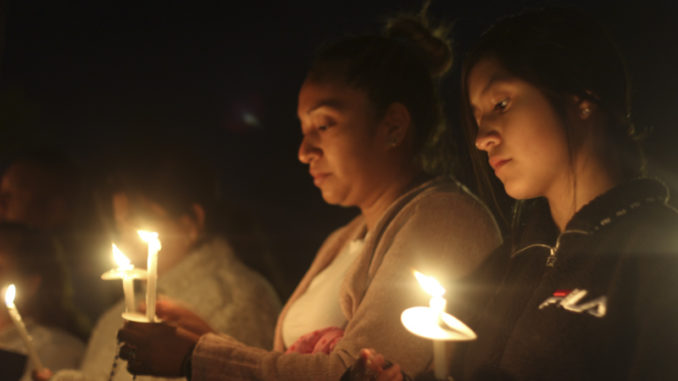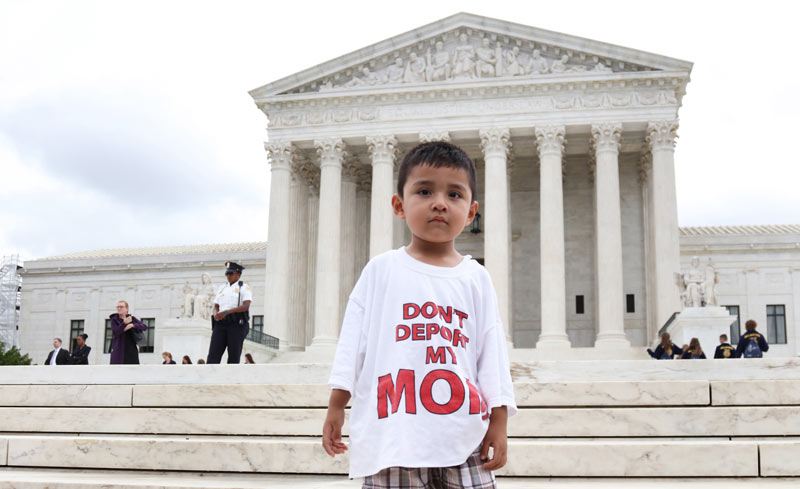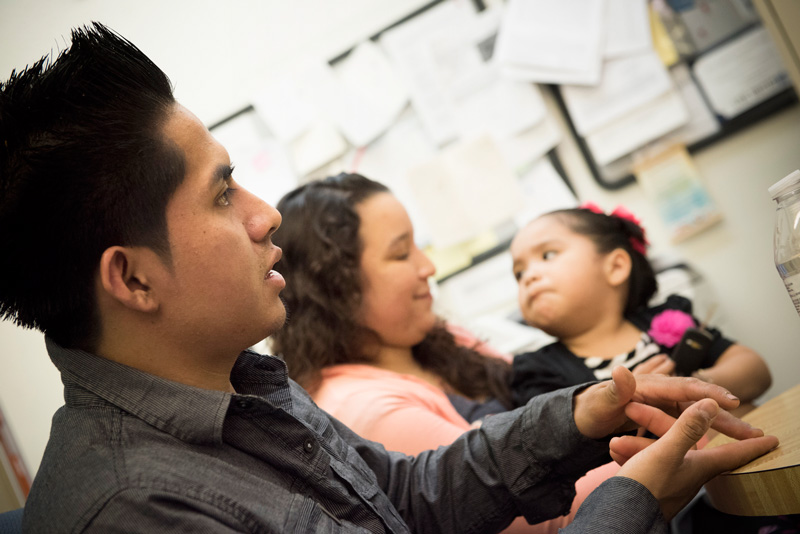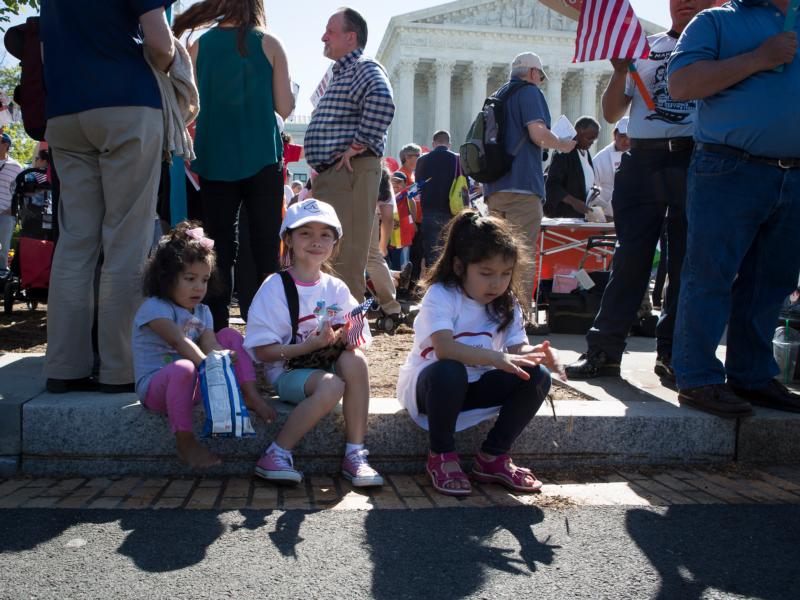
DIOCESE—The young immigrants known as “Dreamers” were given renewed hope in January through an executive order that preserves and strengthens the Deferred Action for Childhood Arrivals program.
This is one of many issues advocated for by the U.S. Conference of Catholic Bishops and, locally, by the South Carolina Catholic Conference.
In documents recently released by the USCCB, Bishop Mario E. Dorsonville, auxiliary bishop of Washington and chairman of the Bishops’ Committee on Migration, spoke on the effort to address needed changes in the legal immigration system.
“We welcome these Executive Orders on migration, which will help to ensure that immigrants and refugees are treated humanely and in accordance with their God-given dignity,” Bishop Dorsonville stated.
“The Catholic Church teaches that each person is created in the image and likeness of God and that we must uphold the inherent dignity of each person,” he continued. “As a society, we must remain consistent in our openness and treatment of all persons, regardless of whether they were born in the United States or immigrated here.”
On a local level, Dreamers in South Carolina hope the state legislature will pass a bill that will make it easier for them to advance in their careers while they wait for future immigration reform.
Nicknamed the “Dream Act,” the proposed bill would allow Dreamers living in South Carolina to obtain occupational licenses, which state law requires for dozens of occupations, ranging from doctors and lawyers to contractors, cosmetologists, accountants and real estate agents.
Without the ability to receive licenses, supporters of the bill say Dreamers in the state are unable to improve their economic status, pursue their career goals and, in turn, contribute to the state they call home through their work.
The legislation is set to be considered by a committee in the S.C. House of Representatives this month.
“The Dream Act would help a lot of these young adults to pursue opportunities that right now they don’t have,” said Estela Landaverde, Hispanic youth ministry coordinator for the Diocese of Charleston.
Landaverde has worked with many Dreamers from around the state as they have dealt with the DACA program’s often uncertain future over the past five years.
“Even if these young people have talent for a profession and complete classes in some of these careers in high school, they currently have no way to get a license,” Landaverde said.
She offered examples of several women who trained to be cosmetologists but can’t get a booth in an existing salon or start their own without the required license. Many young men who are Dreamers in the state have trained in construction work and other contracting jobs that also require licenses.
DACA was first established in 2012 and offers protections for undocumented immigrants under the age of 36 who do not have serious criminal records, saving them from deportation and allowing them to obtain work permits. Known as “Dreamers,” these young men and women were brought to the United States as small children by undocumented family members, and for most, the U.S. is the only home they have ever known. More than 800,000 undocumented young people have benefited from the program.
Dreamers around the country have lived under the shadow of uncertainty for the past five years as attempts to overturn the program played out through the court system. The current executive action keeps the DACA program in place. The order has been praised by leaders of the USCCB as a way of preserving the “human life and dignity” of the young immigrants.
Visit https://charlestondiocese.org/south-carolina-catholic-conference/take-action/ to make your voice heard.



